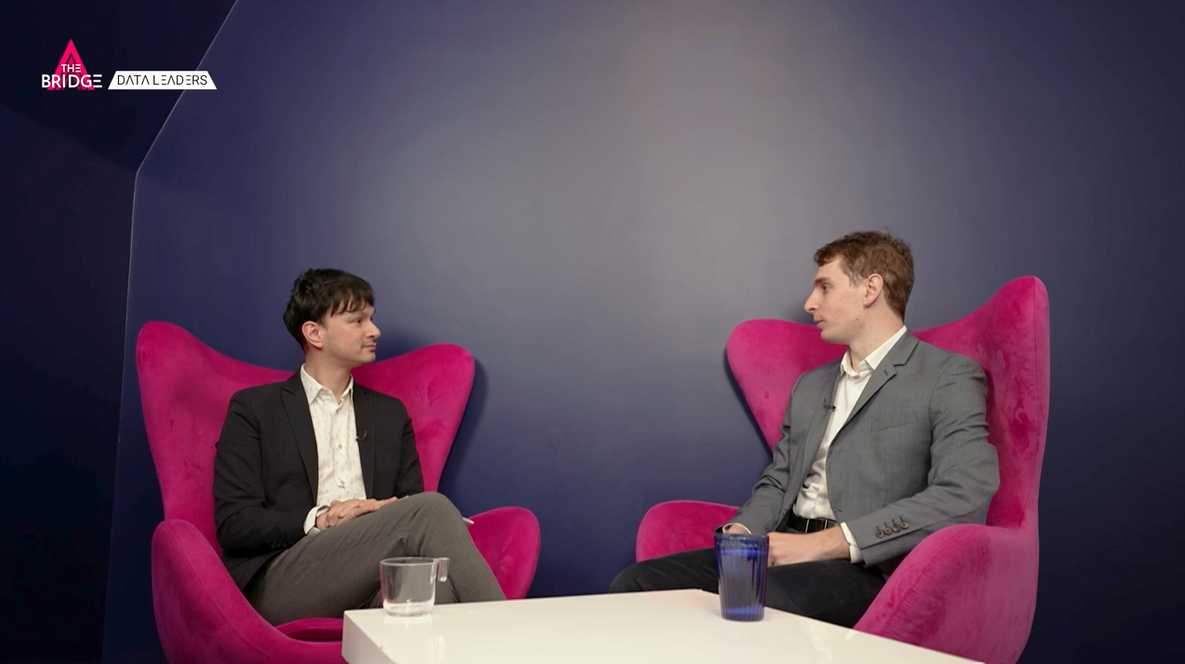The music industry is entering a new phase of transformation thanks to AI and generative AI. In this conversation for The Bridge, Julien Ho-Tong, Managing Partner at Artefact, and Nicolas Lang, Senior Consultant – GenAI Product Specialist at Artefact, explore the ways AI technology and tools are impacting music production, songwriting, and even gaming.
Julien Ho-Tong holds a Master of Engineering from INSA Lyon, and a Master of Science from Université Paris Dauphine. Before joining Artefact in 2023, he worked at Accenture, heading Data and AI Strategy for France. He has led over 70 missions advising CXOs from private and public organizations worldwide
Nicolas worked as a GenAI researcher at Tsinghua University in Beijing and developed AI models for music generation. In China, while at Virtuos, he worked as a producer for the video game Oblivion: Remastered. He lectured on GenAI at New York University. After four years as a data science consultant, he now specializes in GenAI for the healthcare & creative industries at Artefact.
How generative AI is transforming the music industry
“Today in 2025, the recording music industry is a more than $60 billion market,” says Julien. “AI already contributes $3-4 billion with services and products that help in countless areas.” He notes that the shift began with MP3s and platforms like Spotify.
Then came the Walkman and the CD player, and suddenly people were able to listen to music anytime. These rapidly paved the way for digital tools that make producing music more accessible than ever. “Now, it’s easy to build a song with computer programs and samples without strong musical knowledge,” adds Nicolas.
Generative AI as a creative partner
Core AI models, like those based on GPT architecture, can now be adapted to generate music just by changing the training data. The versatility of these models underscores how AI output across different domains depends on the data it learns from.
This adaptability fuels different types of music tools. At one end, there are “one-click” generators for amateurs – they give fast, impressive results with little user control. At the other end are expert voice generation tools such as Ace Studio or, more recently, DeepMind’s Music AI Sandbox, which, when integrated fully into professional workflows, offers specialized assistance and new creative features while ensuring the artist retains full control.
This ability to rapidly prototype ideas is revolutionizing music production. Producers can now experiment with multiple variations of a track in a fraction of the time it would take manually. AI’s capacity to analyze vast datasets of music also enables it to suggest styles or elements that align with specific genres or audience preferences.
Key applications include:
- Melody generation: AI systems can create original melodies based on a few input parameters.
- Lyric assistance: Generative AI can help craft lyrics, suggesting words and phrases that fit the mood or theme of a song.
- Sound engineering: AI tools are being used to synthesize new sounds or replicate classic ones, offering endless possibilities for experimentation.
Intellectual property, originality, and ownership
As AI becomes more integrated into the creative process, questions about authorship arise. Who owns the rights to a song created with AI? Is it the artist, the programmer, or both? This debate is particularly relevant when AI generates significant parts of a track, blurring the line between human and machine contributions.
Moreover, there’s a growing concern about originality. Since AI is trained on existing music, there’s a risk that it could inadvertently replicate elements from copyrighted works.
“Creators need to be protected. It’s the same with images — you can’t ask to generate something ‘like Picasso’ without paying royalties or recognizing the rights holders. We need the same thing for music,” insists Julien. Some applications, including Suno, are taking measures to protect creators by blocking users when they type an artist’s name in their prompts.
The future of AI in the creative arts
From democratizing access to enhancing creativity, AI is changing not only music but film and gaming. Imagine adaptive live performances that react to the audience, or dynamic in-game music. While addressing legal and ethical challenges remains crucial for harmonious human-AI creation, the potential for innovation and discoveries is vast.
With these powerful new tools, anyone can experiment and explore. Nicolas is emphatic: “They make it easier for beginners to enter the field. You can start making music in your room with just a guitar and use AI to add the rest. It’s easier to experiment, simulate, and try things.” “It helps you achieve good sound engineering and quality faster,” Nicolas concludes.

 BLOG
BLOG





